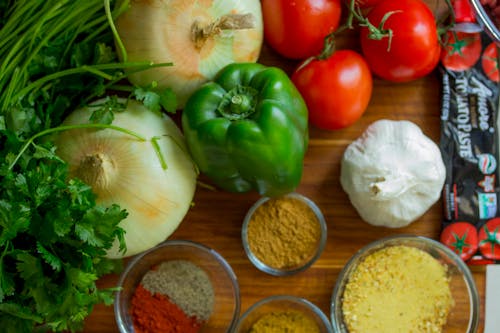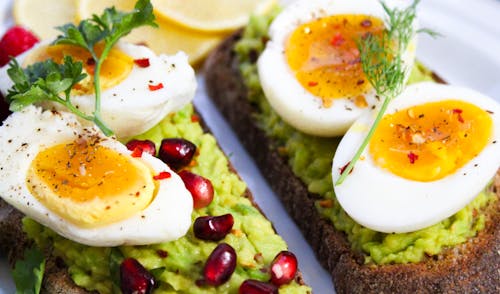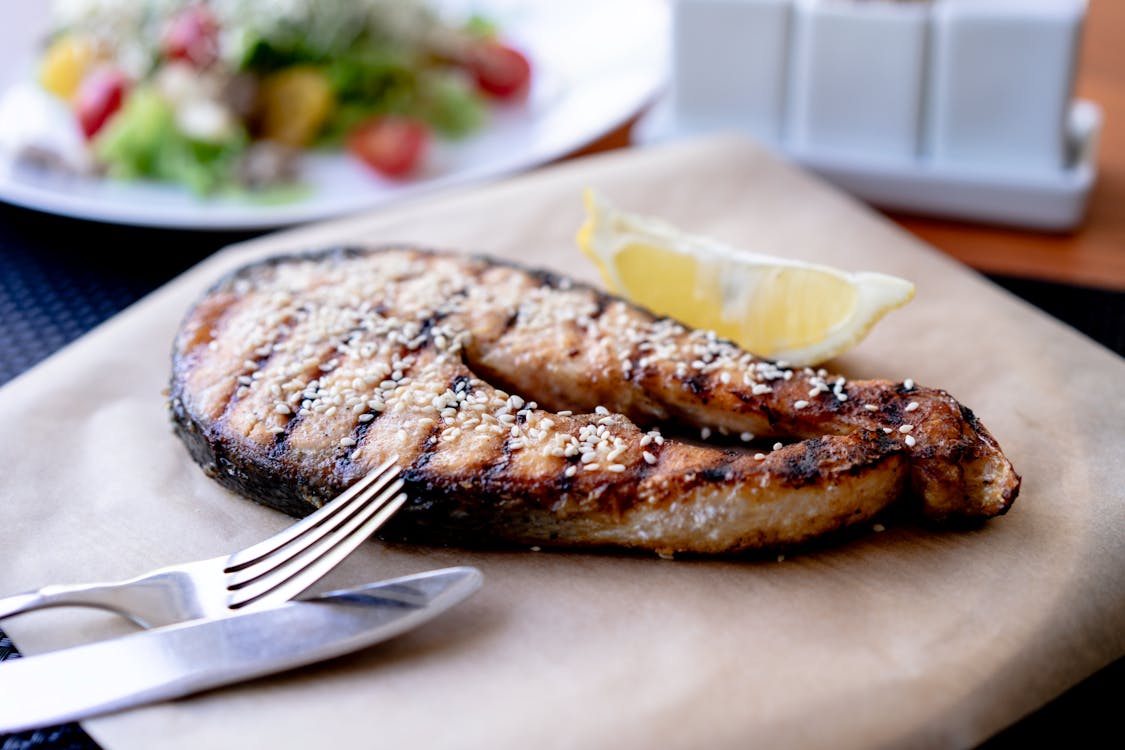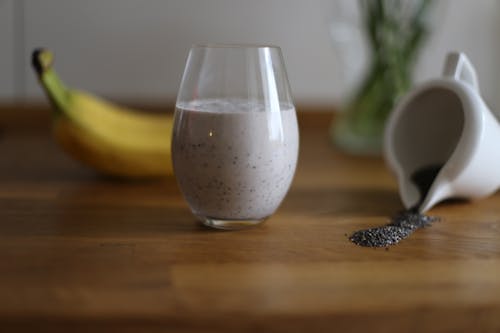Healthy Diets
Just eat
like this, if you want to lose weight,
And stay
away from disease.
This time the evaluation is based on the
difficulty of implementation, short-term weight loss effect, long-term weight
loss effect, comprehensive nutrition, food safety, and the potential to prevent
and control diabetes and heart disease. Experts have selected 35 dietary
methods. , Choose the top 3 eating styles.

First Point:
Mediterranean diet
The Mediterranean diet has been rated as the best overall diet for three
consecutive years, but there is no uniform recipe for the Mediterranean diet.
After all, Italian, Greek, French, and Spanish cuisines are all different. The Mediterranean diet emphasizes eating fruits, vegetables, whole grains, legumes
and soy products, nuts, and olive oil; fish and seafood at least twice a week;
moderate consumption of poultry, eggs, cheese, and yogurt.
On the Mediterranean
diet pyramid, fruits and vegetables occupy the most space. Sweets rarely
appear. It is recommended to reduce sweets. The proportion of red meat
(red-colored meat, such as beef and lamb) is also very low.
In the many Mediterranean
recipes, Use the meat sparingly instead of making large meat separately. The Mediterranean diet also tops the rankings for the best plant-based diet, the best diabetic
diet, the easiest to follow the diet, and the best healthy diet.
Second Point:
Deshu diet Deshu diet
is a diet developed to lower blood pressure, so it naturally gets high scores
in terms of heart health, nutrition, and safety. It ranks first with the
Mediterranean diet in the ranking of the best healthy diet; in the best
diabetes Ranked second in the diet; third in the best heart-healthy diet.
The Deshu diet
requires that the sodium intake in the daily menu is less than 2.3 grams
(equivalent to 6 grams of salt) and gradually reduced to 1.5 grams per day
(equivalent to 4 grams of salt). Because it advocates low-fat, low-salt, and
low-sugar food intake, it can provide the human body with balanced nutrition,
so it is also suitable for people who want to lose weight or control weight.
Deshu Diet advocates the use of refined meat,
poultry, and fish as the main protein sources in the diet, and a balanced
intake of fruits and vegetables, dairy products, grains, soy products, nuts, a small amount of fat, and sweets. Because these foods are rich in potassium,
calcium, protein, and dietary fiber, they have a good effect on preventing high
blood pressure.
The Deshu Diet discourages the consumption of
foods high in saturated fat, such as fatty meat and full-fat dairy products, as
well as sugar-sweetened beverages and sweets.
Third Point:
Flexible Vegetarian Diet,
The flexible vegetarian diet pays attention to the nutritional balance in the vegetarian
diet, especially suitable for people who love vegetarian food. A flexible
vegetarian diet requires five foods to be added to the diet, rather than just
replacing meat. They are "new meats", that is, non-meat proteins such
as tofu, peas, nuts, or eggs; fruits and vegetables; whole grains; dairy products.
Increasing the intake of plant-based protein can effectively reduce blood
lipids and blood pressure indicators.
Compared to meat, plant foods have lower
fat and cholesterol content and contain more dietary fiber. When adopting a
flexible vegetarian diet, also pay attention to the amount of oil and salt
during cooking. Although many
vegetarians insist that vegetarianism is good for health, the cooking method of
heavy oil and salt for the flavor of the dishes are not good for health.

7 Characteristics of the
Mediterranean Diet
Why is the Mediterranean diet so good for health?
What are its characteristics?
Experts specifically listed 7 characteristics
of the Mediterranean diet.
1. Consume Coarse Grain Staple Food
and Edible Nuts:
The Mediterranean diet
emphasizes the control of the intake of staple foods, and mainly uses coarse
grains such as oats, barley, brown rice, black rice, and corn. These slightly
processed grain foods are rich in dietary fiber, vitamin B complex, and trace
elements. Regulating the digestive system, stabilizing blood sugar, and
increasing immunity are all helpful, especially for people who need to lose weight;
it is a very critical way of eating. In addition, nuts are high in fiber,
magnesium, and polyunsaturated fatty acids, which are helpful in reducing the
risk of cardiovascular disease and human cholesterol. Studies have found that
eating at least 20 grams of nuts a day can reduce the risk of heart disease,
cancer, and other diseases.
2. Eat Rich Fruits and Vegetables:
In the Mediterranean diet, a large amount of
fresh seasonal vegetables are consumed every day, and the cooking method is
very simple. Most of them are eaten raw, or lightly blanched with water, and then simply dressed with light seasonings.
Commonly used fruits and vegetables include
lettuce, lettuce, tomatoes, sweet peppers, carrots, corn, citrus, onions,
garlic, fungi, as well as eggplant and purple onions, all of which are rich in
vitamins and minerals.
3. Eat Fresh Fish and Seafood:
Because the
Mediterranean region is located in the coastal area, it is easy to obtain
seafood,
Fish and seafood can
provide a large amount of high-quality protein to the human body. Deep-sea fish
contains a lot of omega-3 fatty acids, which help to inhibit atherosclerosis.

4. Eat More Dairy Products and Moderate
Amounts of Eggs:
The daily consumption of abundant dairy
products is also a feature of the Mediterranean diet. For example, milk,
yogurt, cheese, etc. are all dairy products that local people love. In addition
to being rich in high-quality protein and vitamins, milk is also rich in
calcium. The body's intake of calcium is about 30% to 40%. It is worth noting
that the Mediterranean diet does not emphasize eating too much egg, because
there is more cholesterol in the yolk, so 1-2 per day is enough.
5. Use High-Quality Edible Oil to Replace Animal Oil:
A major feature of
the Mediterranean diet is the use of olive oil (or other vegetable oil) to cook
or prepare food to replace traditional animal oils and blended oils. Because
olive oil contains a lot of monounsaturated fatty acids, it can prevent
cardiovascular disease and reduce the incidence.
6. Eat less Red Meat and Processed Foods:
Red meat contains a high amount of fat and is
mainly saturated fat. Excessive intake is more likely to cause cardiovascular
and cerebrovascular diseases, obesity, and other diseases. Therefore, in the
Mediterranean diet, white meat (such as fish and chicken) will replace red meat.
In addition, processed foods such as sausage, bacon, ham, etc. that are added
or produce nitrite are rarely consumed.

7. Clever Use of Spices Instead of Oil and Salt:
The Mediterranean diet is good at using spices
such as celery, rosemary, thyme, basil, etc. to enhance the color and flavor of
the food. At the same time, reducing the amount of oil and salt used in cooking
can make the dishes more light and healthy.
Healthy Diets
https://greenflag21.blogspot.com/


